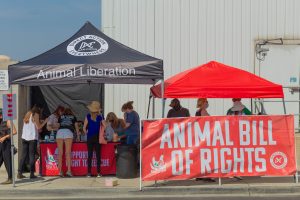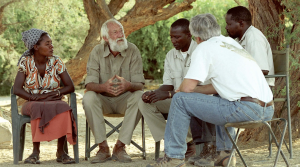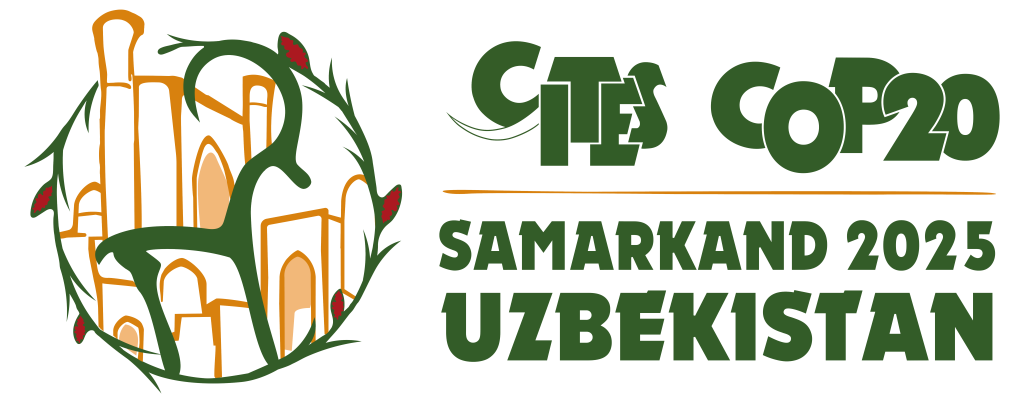There are 8 billion people on the planet. Most of them live in cities. IWMC promotes the interests of aboriginal, rural and coastal communities (ARC) because they are frontline custodians harvesting nature’s bounty. They also suffer most from human wildlife conflicts, which IWMC works to resolve or minimise. Meanwhile, people in cities and towns consume what the harvesters harvest. IWMC supports the consumptive use of wildlife and defends all cultures that enjoy its benefits wherever they live. According to the PEW charitable trusts, there are 260 million marine fisheries jobs worldwide. Many millions more are employed on the land. IWMC stands up for these workers and their communities informed by the principle of responsible, sustainable, wise use. We also firmly believe in the right of nations to manage their wildlife as they see fit.

The inhumanity of the animal rights lobby
We should never forget that The Royal Society for the Prevention of Cruelty to Animals





